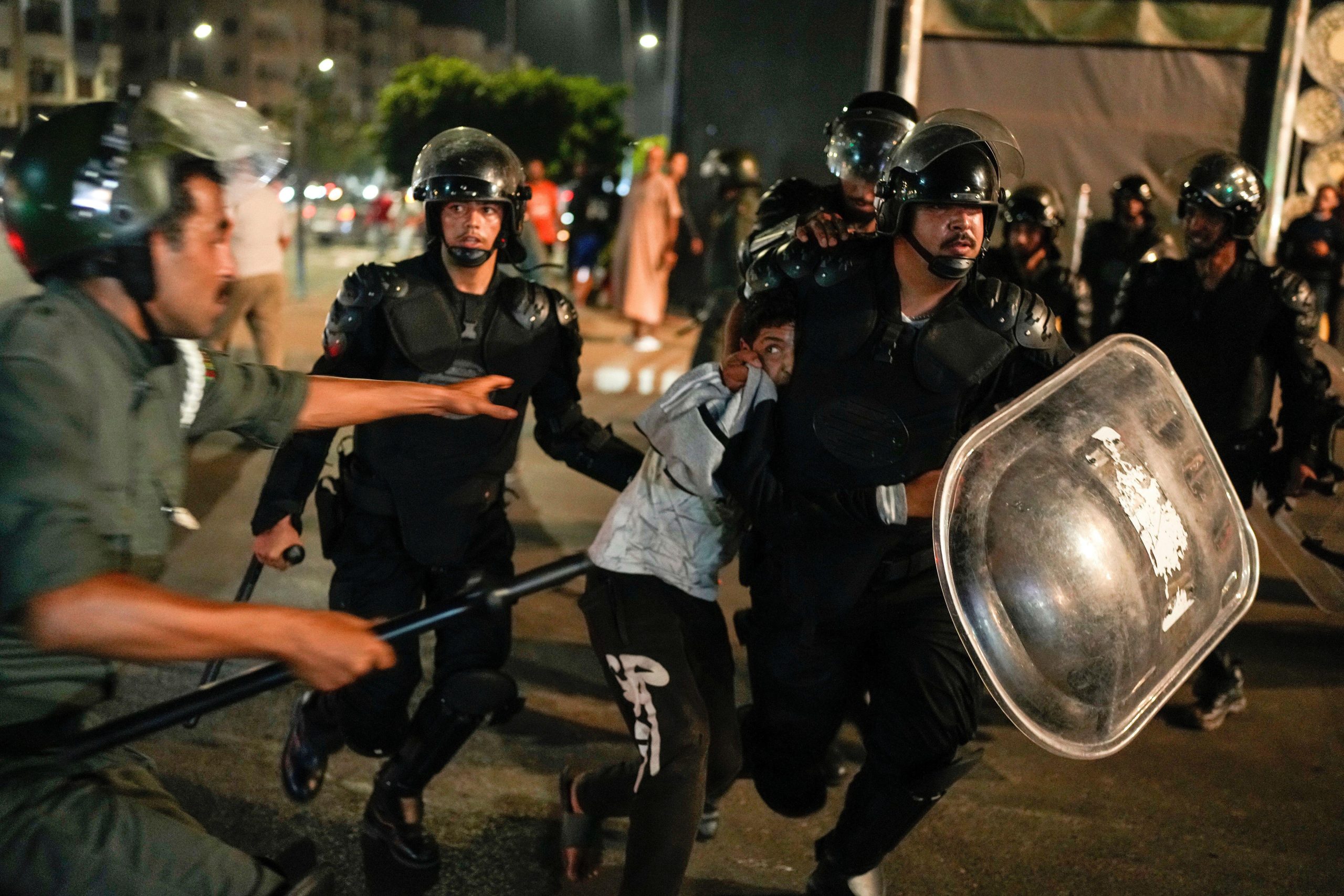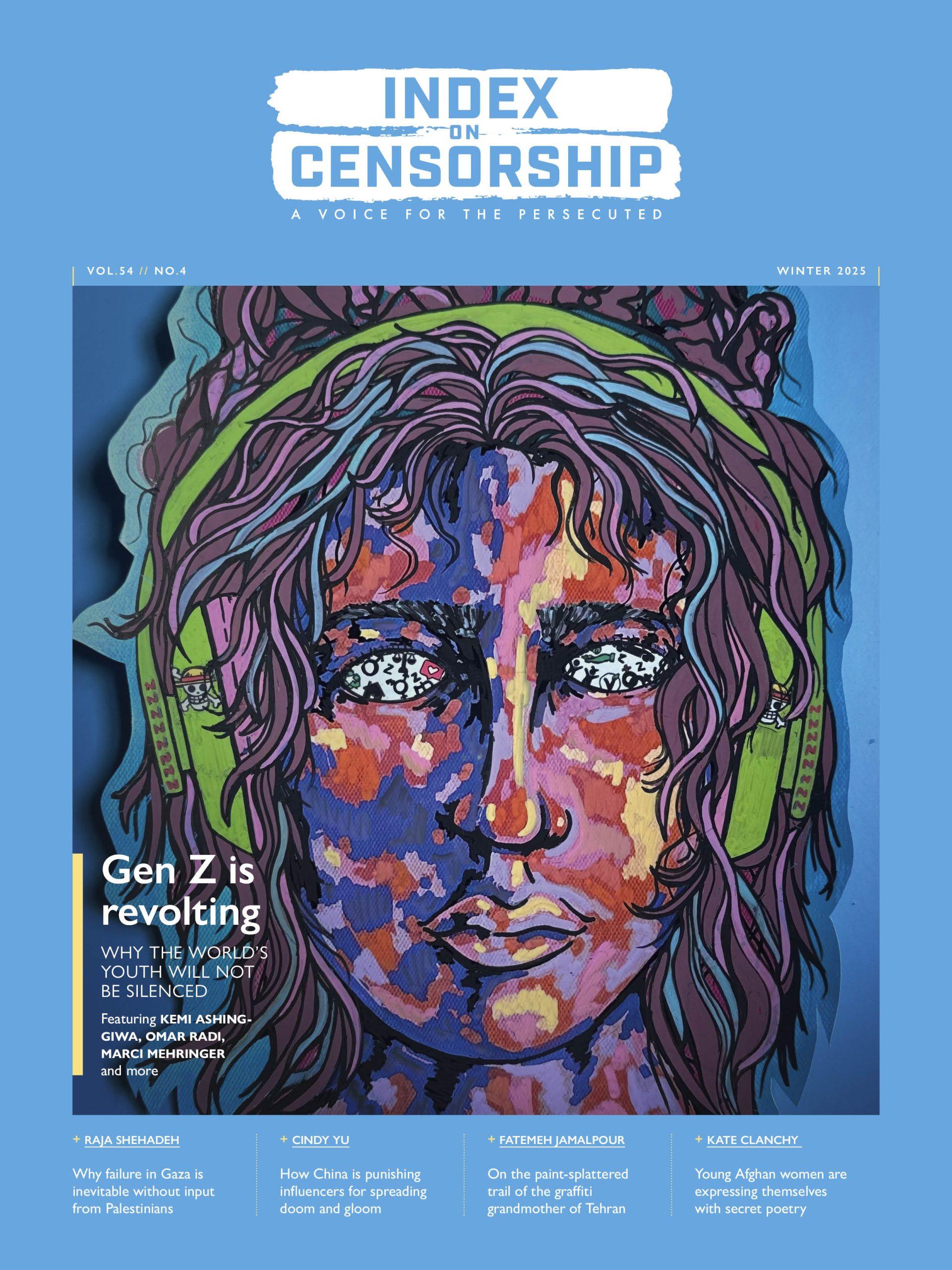Index on Censorship today launches Iran Uncut, a special initiative to unearth and revitalise the plethora of archives of literary, artistic, photographic and other creative works by Iranians denied publication and expression in their homeland.
Pen names or pseudonyms have long been a facet of political and social identity, enabling and empowering otherwise forbidden expression.
Now millions of Iranians have created aliases in order to have a voice and actively engage in social and political online dialogue. An extraordinary community has developed of people inside and outside the country sharing thoughts and ideas, posting opinion on Facebook and Twitter and personal blogs. Many Iranians boldly go by their own names, risking intimidation and arrest. To the foreign eye the assumed names are no different, their pseudonyms not immediately recognisable as such in their phonetic Persian incarnations. But looking through activist pages on the net, they are there…along with Thunder Heart and Liss Nup are Tire Akhar, Irani Vatanparast, Mikrobe Siasi, Zibatarin Moosighi, Sokooto Dard, Gole Green, Na Mous, Zane Irani, Baghlava Rashti. To the non-Persian speaker these names blend in with the others as first and family names, but their verve is apparent to Iranians who instead read: Freedom-of Expression, The-final Bullet, Iranian Patriot, Political Bacteria, The-most-beautiful Music, Silence and Pain, Green Flower, Hon Our [honour], Iranian Woman, and the humourous Baghlava Rashti, after the syrupy pastry.
Less humourous is the reality that necessitates this precaution. The regime’s cyber army is busy monitoring all these sites and Iran’s Ministry of Intelligence and Security last year expanded its activities to incorporate demanding Facebook passwords upon entry to the country, revealing individual’s profiles and most significantly the online company they keep. Other Iranians interrogated in detention report having to reveal email and Twitter account passwords. Outside the country “dissident” activity is under equal surveillance, with messages sent by intelligence agents that warn against posting “anti-government” discussion, and reported threats involving family still living in Iran.
Against this backdrop is the continued censorship of non-political writing, art, film, theatre, music, photography and other works deemed socially and culturally “inappropriate”. Some of these have already been seen at international festivals and through online networks. Index on Censorship wants to maximize this effort, with Iran Uncut presenting a forum for the open exhibition of creative talent from Iran to a wider audience. We welcome all your work and I look forward to communicating with you and sharing your ideas.
I shall go by the name of mahi siah-e kuchulu (the little black fish), in homage to the children’s story of that title and its author, the eloquent school teacher Samad Behrangi. The story, about a little black fish determined to discover the world beyond the little stream of her habitat, is a political allegory that sealed Behrangi’s fate and resonates today more than ever. You can read it here:
Please email me at: littleblackfish[at]indexoncensorship.org




